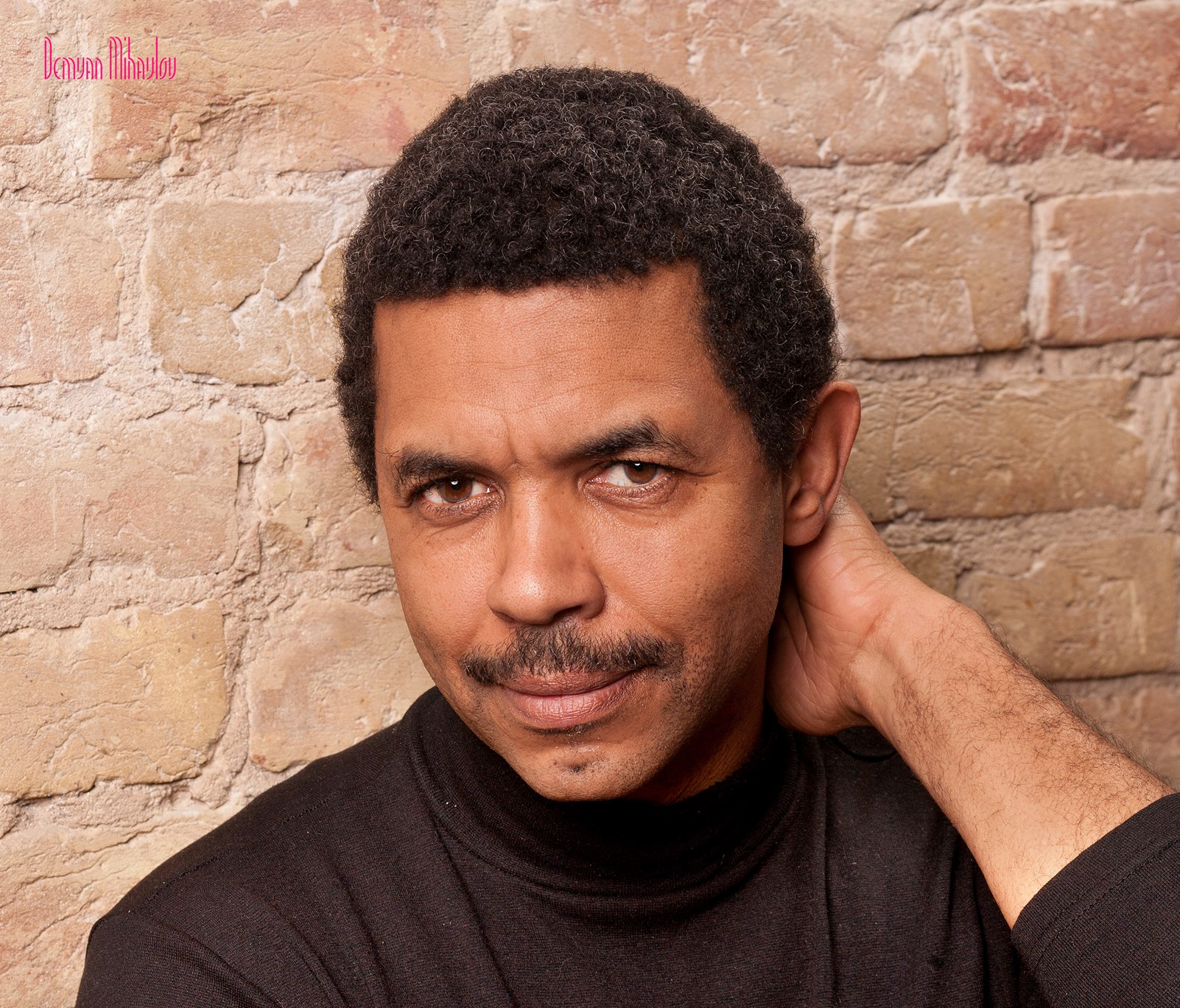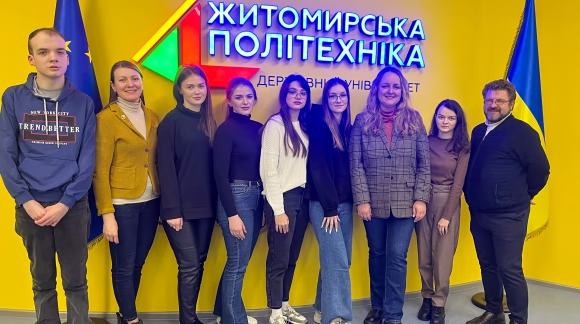On October 17, the judge of the Bohunsky Court of Zhytomyr banned Media Initiative for Human Rights (MIHR) journalist Nadia Chuchvahi from recording a hearing on audio, reports the MIHR.
The hearing was about high treason allegations: the defendant was being charged with leaking data on the location of a military award ceremony in Dobropillya (Donetsk oblast) to Russia.
Judge Boleyko, who argued that the journalist should not record the hearing on her phone, said that some information spoken during the trial may harm law enforcement officers and participants in the litigation.
However, as the MIHR notes, Part 6 of Article 27 of the Criminal Procedure Code of Ukraine on publicity and openness of court proceedings stipulates that everyone in the courtroom can keep a transcript, take notes or use a voice recorder.
The journalist read aloud her request for permission to take photos and film videos.
After returning from the deliberation room, the court announced their verdict and declared that the right provided for in Part 6 of Article 27 of the Criminal Procedure Code was not absolute: due to the risks to the prosecutor and his family, the defendant and her underage children, the court did not grant the permission. The judge also noted that the journalist had not provided proof of her mandate, but added that she was allowed to record audio.
In a comment to the Institute of Mass Information, journalist Nadia Chuchvahi pointed out that the court did not seem to understand the importance of war-related trials on national security.
“And, of course, sometimes it feels strange to be answering questions such as, ‘What makes you interested in this trial?’, ‘Why did you come to listen to it?’ or ‘Why would you report on it? We don’t want you reporting on it.’ And the insulation of the courts poses, let’s say, a risk for justice,” Chuchvahi said.
The lawyer of the Institute of Mass Information, Volodymyr Zelenchuk, notes that, first, the publicity and openness of the court proceedings and the right to record trials concern every person, not just journalists.
“That is why a journalist does not have to prove their status as a journalist to the court or to the parties of the trial in order to be able to record the hearing,” the lawyer notes.
Secondly, according to him, if the prosecutor or any other participant in the hearing believes that sensitive or confidential information may be disclosed during the hearing, they have the right to request a hearing behind closed doors.
“If the meeting is held openly, then it being recorded by the people present cannot harm private or public interests. I note that the prosecutor is a civil servant and represents the interests of the society/state during the process,” Volodymyr Zelenchuk notes.
He added that although at first glance the law may contain somewhat contradictory provisions regarding video recording and photography without the court’s approval, audio recording on a portable device is undoubtedly one of the recording methods that require no such permission.
“This type of recording is allowed by the law, not by the court, and therefore asking the parties to the trial for their opinion and banning audio recording are a step beyond the limits of the procedural law and even a breach of it,” Volodymyr Zelenchuk said.
On October 17, the Dnipro District Court of Kyiv forbade Watchers.Media journalist Alina Kondratenko to use her phone to take photos of the defendants and their lawyers during an open hearing.


